How To Tell If Your A/C Is Broken
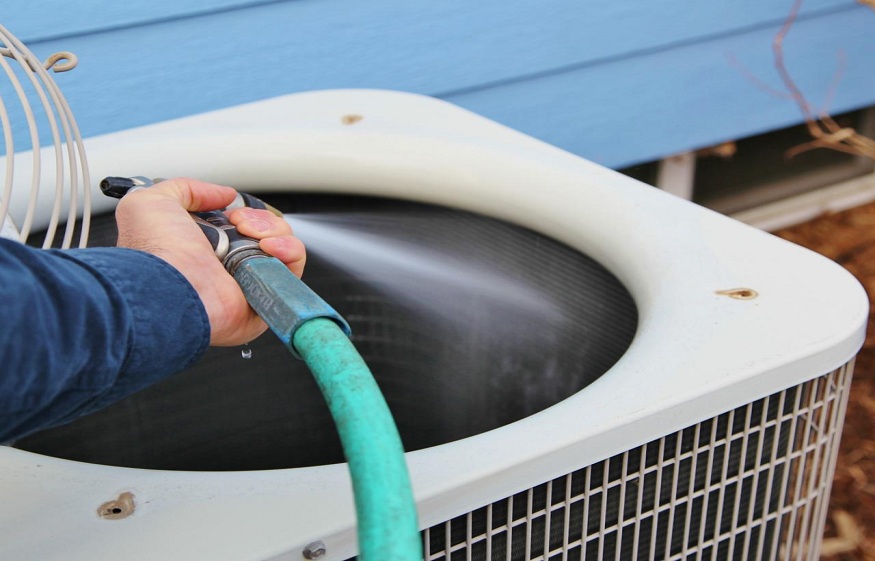
There’s nothing worse in the middle of summer than your A/C going out. Even though there are plenty of places you can go without breaking the bank, a functioning cooling system is essential in the Texas heat. When it stops working, it isn’t always immediately clear why. Is it broken? Can it be fixed, or will you need a new one? Is it something else? Before panic sets in, look for these common issues to help narrow down the cause of your slowly warming home.
Frequent Maintenance and Old Age
Consider how old your air conditioning unit is. They typically last for a decade or so. If yours is more than 15 years old, then it may not be worth fixing. Have you gotten it repaired recently? If you have, especially if maintenance has become a frequent problem, then it’s probably time to think about AC replacement Austin. Sure, new units can be expensive, but so can repairs, so sometimes buying a new one is more cost-effective.
High Humidity Indoors
Part of the beauty of air conditioning is that it not only cools the air in your home but also sucks some of the humidity out of the air. Increased humidity in your home may indicate an issue with your HVAC Austin system. If your A/C is running properly, the air in your home shouldn’t feel sticky, and you shouldn’t notice any pooling water around your windows.
Blowing Warm Air
Put your hand near one of your vents to check the temperature of the air flowing out of it. If it’s blowing warm air when it should be cool, this is generally a pretty clear cut sign that something is wrong. This alone doesn’t necessarily indicate a need for replacement, though. The problem may be repairable— like a leak or compressor issue.
Weird Loud Noises
Some units run on the loud side regardless of how well they’re working, but if your air conditioner has started making unusual loud noises—such as grating, grinding, whistling or buzzing—then something’s up. These noises also don’t necessarily indicate it’s time to buy a new one either.
Uneven Cooling Throughout Home
Go through each room of your home to see if the entire system is down or if it’s just a problem in part of the house. If some rooms are still getting cool air, then your thermostat may be the problem rather than your HVAC system.
Read more: 6 Questions to Ask When Hiring a Residential Property ManagerIf you find any of these or other problems, don’t wait to get it checked out. The longer a problem persists, the worse it can get—which can sometimes lead to more expensive solutions.

 Green Thumbs And Professional Tools: The Growing Importance Of Lawn Care Services
Green Thumbs And Professional Tools: The Growing Importance Of Lawn Care Services  Reasons to Choose a 3 BHK Fully Furnished Flat for Rent
Reasons to Choose a 3 BHK Fully Furnished Flat for Rent 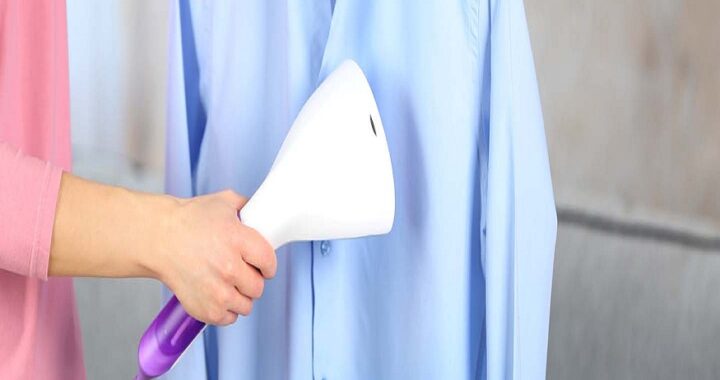 The Convenience of Same-Day Dry Cleaning: 10 Benefits You Should Know
The Convenience of Same-Day Dry Cleaning: 10 Benefits You Should Know 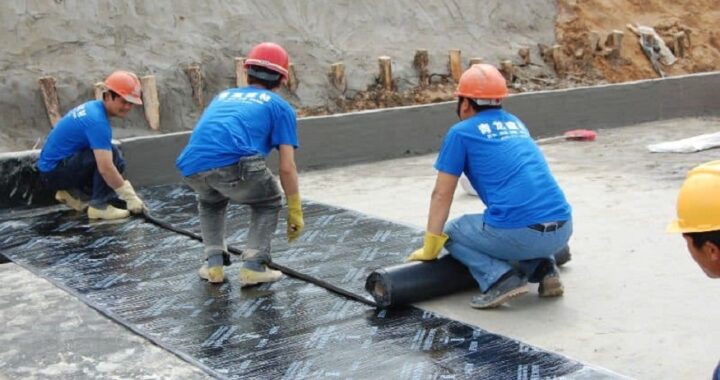 The Complete Guide to Brick Bat Coba Waterproofing Techniques
The Complete Guide to Brick Bat Coba Waterproofing Techniques 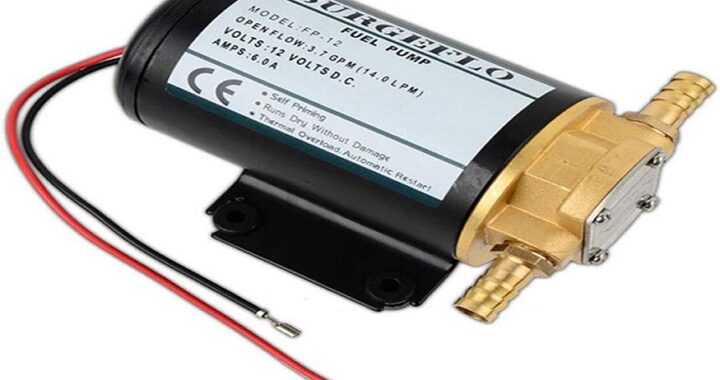 The Future of Gear Oil Pumps: Advancements in Design and Technology
The Future of Gear Oil Pumps: Advancements in Design and Technology 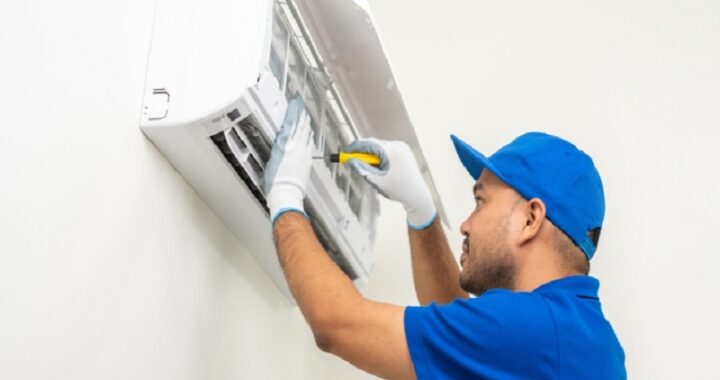 How Do Dubai AC Repair and HVAC Services Provide Maximum Comfort and Efficiency in the UAE?
How Do Dubai AC Repair and HVAC Services Provide Maximum Comfort and Efficiency in the UAE?  How a Healthy Living App Fits Modern Life
How a Healthy Living App Fits Modern Life  Reasons To Improve Call Connect Rate
Reasons To Improve Call Connect Rate  Motor Coach Service for Corporate Retreats: A Smart and Comfortable Choice
Motor Coach Service for Corporate Retreats: A Smart and Comfortable Choice  Importance of F & I Training Solutions
Importance of F & I Training Solutions